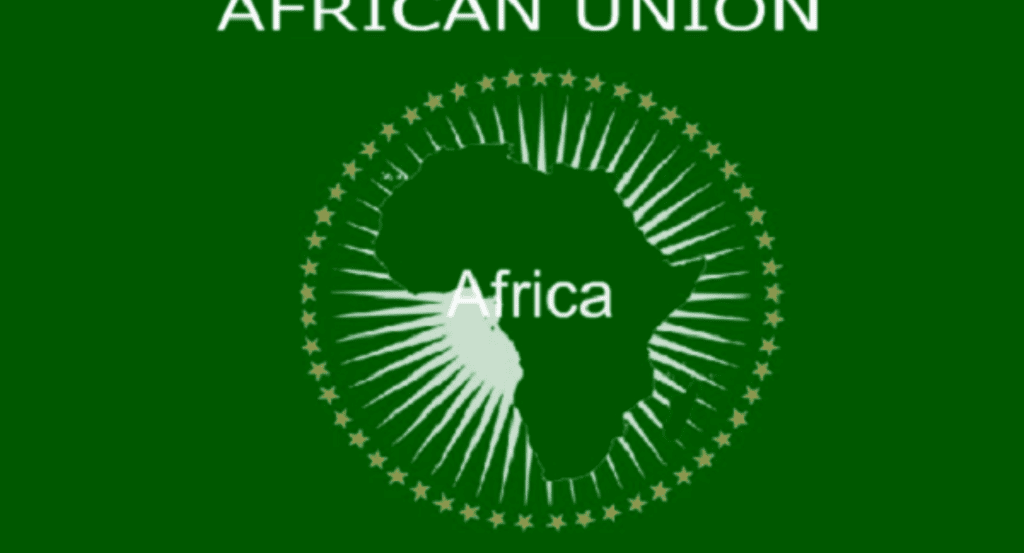The Federal Government of Nigeria has outlined ambitious economic goals, aiming for full digital business registration, a 35% increase in non-oil exports, and the creation of 10 million jobs by 2030. These objectives align with Nigeria’s role as the African Continental Free Trade Area (AfCFTA) Digital Trade Champion, a position recently endorsed by the African Union.
Vice President Kashim Shettima, speaking at a trade forum, emphasized that AfCFTA presents a major opportunity to boost intra-African trade to 50% by 2030. He noted that Nigeria’s digital trade initiatives would play a crucial role in achieving this target, positioning the country as a key driver of Africa’s economic integration.
One of the major reforms underway is the government’s plan to implement full digital business registration. This initiative, spearheaded by the Corporate Affairs Commission (CAC), aims to streamline business incorporation processes, reduce bureaucracy, and encourage entrepreneurship. By eliminating manual paperwork, the reform is expected to improve Nigeria’s ease of doing business ranking and attract more foreign and local investors.
The government is also prioritizing non-oil exports as part of its economic diversification strategy. With oil revenue fluctuating due to global price volatility, policymakers are focusing on expanding sectors such as agriculture, manufacturing, and digital services. By 2030, the target is to increase non-oil exports by 35%, leveraging AfCFTA to access a broader African market.
In addition, Nigeria is looking to generate 10 million jobs through digital trade and industrial expansion. The government believes that AfCFTA’s framework will enable Nigerian businesses to scale up production, access new markets, and drive employment growth. The digital economy, particularly e-commerce and fintech, is expected to contribute significantly to this job creation plan.
As Africa’s largest economy, Nigeria’s leadership in AfCFTA’s digital trade framework is expected to set the pace for other countries. However, challenges such as inadequate infrastructure, policy implementation gaps, and cross-border trade barriers must be addressed to fully realize these economic targets.
With these reforms, Nigeria is positioning itself as a digital and trade powerhouse in Africa, aiming for a more diversified and sustainable economy by 2030.























